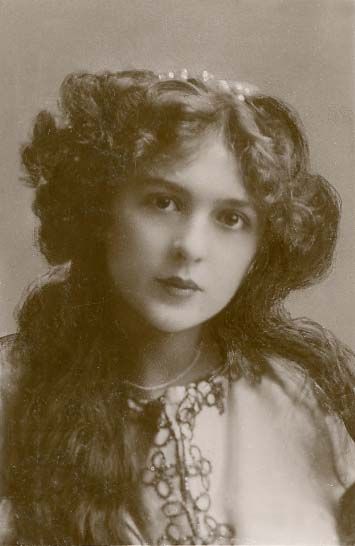Pentecost: Collinwood School Fire, Cleveland, 1908 |
|
The children have all gone now,
sprawling into their separate orbits-- half believing in arms to catch them three floors below, or maybe the universal dream of flight. The others blindly lurching towards memory’s promise of light beyond the sooty dark. She understands both kinds of faith. One like air heavy with too many wings, flightless, less adult, but blessed as the room of her childhood where a trapped mourning dove beat itself against the glass until its small heart burst, believing, as it must, in infinite, unattainable sky. One like the enduring touch of hands near midnight which read all they remember deftly, each arc of tendon, belly, bone, like a note held almost to forever, or the exquisite throats of swans. Though it was hunger, not faith, which kept her silent when she caught the scent of charring wood, the ache of it searing her groin seconds before the bell began its insistent whine—a white sound like pain’s numb silver spark an instant before the mind records the body’s message and forces us to scream. She’s thinking about the summer she turned thirteen-- Sunday morning and fever left her the only one home, her family on their knees at St. Stephen’s. Beneath her brother’s bed she found a box of photographs. Women like flowers, the fleshy petals of their sex glistening as in dawn light. Women like vines, intertwined, the sleek muscles of their shoulders like small waves lapping shore. Outside, sun burned the fields hour upon hour into days until the wheat stood like a crop of bone. The starry amaryllis sheds it scarlet in the unforgiving noon as if to say her hands, stroking the buds of her breasts each night were wrong, and her fingers, like honeybees when they light upon tiers of wisteria, were surely the devil’s ten children, and that was why she woke in autumn to hot blood between her thighs. Now she leans against the doorframe, brass fittings warm against her shoulder blades, and waits for those long-ago women to descend in their robes of flame. This time she will not refuse. She will call them Love, which makes a sound like something you’d whisper to a frightened child who wakes and will not sleep. And Desire, too, shall come whose skirt is smoke and ash and the first inclination toward sleep which renders the flesh agreeable. She turns from the noise of the sirens, breaking glass, the shouts of the man breathing through his mask who’s powerless to cross the smouldering, skeletal floor, who watches the dark beads of her necklace begin to glow as fire unlooses her clothing—coral blouse, sweater, shoes. Until, finally, she opens her lips to the hymn of fire, its first deep kiss passing halfway down her throat so she is breathless but opens wider, wide, her mouth gaping the first vowel in her new tongue, which is universal, which means, yes, which means, more. |
